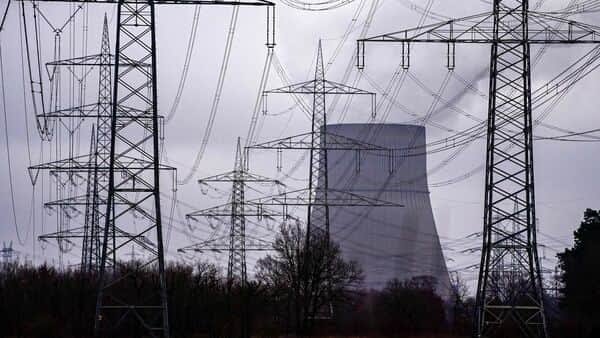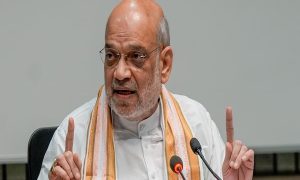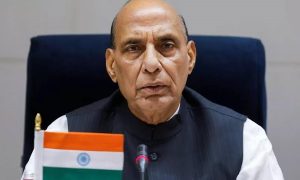When German health minister Karl Lauterbach says our hospitals may face closures due to energy crisis amid German Chancellor Olaf Scholz’s order to keep operating the country’s three remaining nuclear power stations until mid-April and a number of European countries allowing their coal-fired facilities to continue or restart, which they once termed as the dirtiest fuel, the seriousness of this deepening energy crisis and its wider ramifications could easily be understood. Struck by severe energy crisis, European energy use is also falling to the levels seen during the worst of the Covid pandemic with a few countries advising their people to use energy judiciously.
Germany receives just 6% of its energy requirements from nuclear power plants, yet it was forced to extend nuclear power. In Europe, amid rising need to produce more energy from nuclear plants, the licenses of several nuclear reactors have started to expire after around 30 to 40 years of operations, which are building up more pressure on EU countries.
In Germany, the decision to phase nuclear plants out was taken by former chancellor Angela Merkel after Japan’s Fukushima nuclear disaster in 2011. It is interesting to note that Japan is also working on a plan to extend a 60 year limit on the operation of its nuclear plant, though following the 2011 Fukushima Daiichi unclear incident, it was stipulated that a rector can now operate for 40 years only, which could be extended by 20 years subject to regulatory approvals. Amid rising energy crisis, out of Japan’s 33 nuclear reactors, 4 have been approved to continue their operation up to 60 years.
Nuclear plants power around 50% of electricity production to war-torn Ukraine, 40% in Switzerland, 15% in UK and around 20% in Russia. As of August, 2022, excluding Russia, Europe has 133 nuclear reactors with a net output capacity of 125,018 megawatts electric. However, the opposition to nuclear energy has created around a 25% reduction in overall electricity production from this source. The EU produced 24% of its overall electricity from nuclear plants by 2020. In 2020, 13 countries from the EU were operating nuclear reactors, which are- France, Belgium, Germany, Bulgaria, the Czech Republic, Finland, Hungary, the Netherlands, Romania, Slovakia, Slovenia, Spain and Sweden.
In the meantime, the International Energy Agency in its monthly report, has said that unrelenting inflationary pressures and interest rate hikes, have started taking their tolls by pushing the global economy into severe stress which is already on the brink of recession.
Sensing the urgency, Russian President Vladimir Putin has said that Turkey could be the best route to redirect gas supplies to the EU countries, as large section of the damaged Nord Stream pipelines might need to be replaced.
The European energy crisis worsened when Russia-Ukraine conflict started in February, disrupting Russia’s huge oil and gas exports to the European countries. In between, Russia took some stringent decision, further restricting the gas supply to the EU, especially turning off the gas flowing to Germany through the Nord Stream 1 undersea pipeline.
Last year, Russian gas constituted 55% of Germany requirement during winter. This heavy reliance of Germany on Russian gas, has now made them scramble to maintain sufficient reserves for the winter. Just a couple of days earlier, France came to its rescue, sending gas to Germany for the first time in European solidarity to overcome the crisis amid increasing prices and pressure.
In September this year, in the energy solidarity deal, Germany pledged to provide additional electricity to France when it needed, which prompted France to help Germany with gas supplies. France is less affected by the closure of Russian gas supply as most of its needs are fulfilled by Norway.




























 WhatsApp us
WhatsApp us